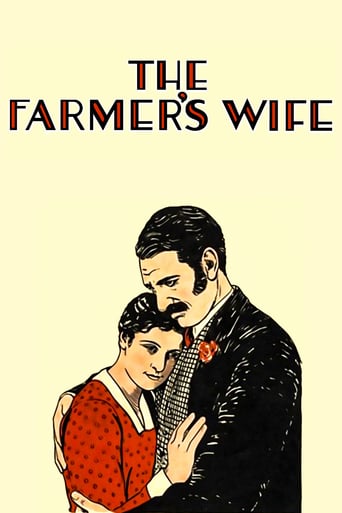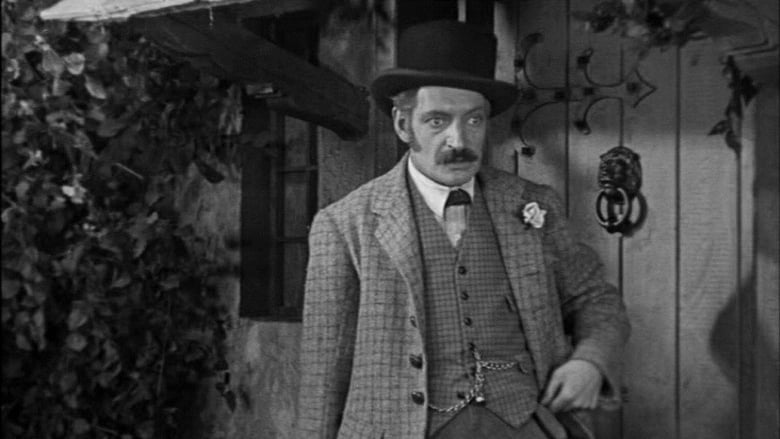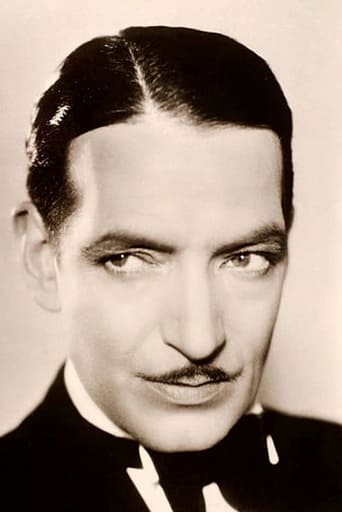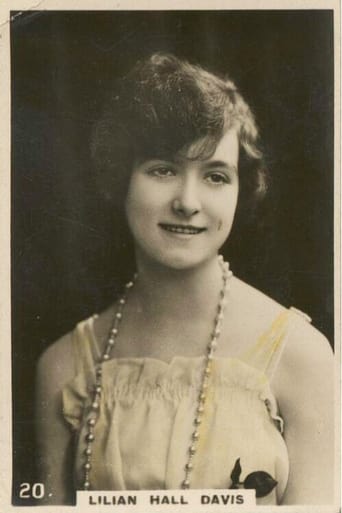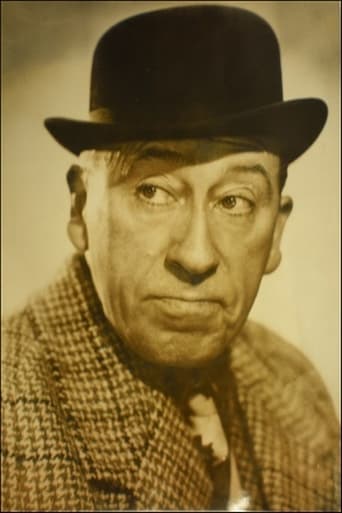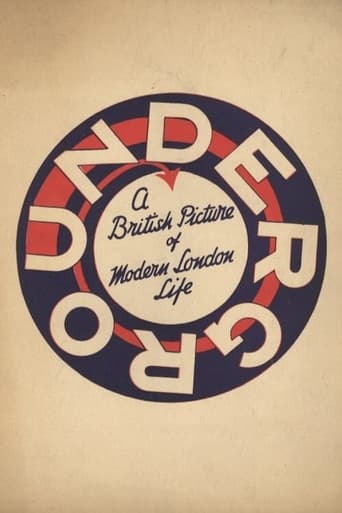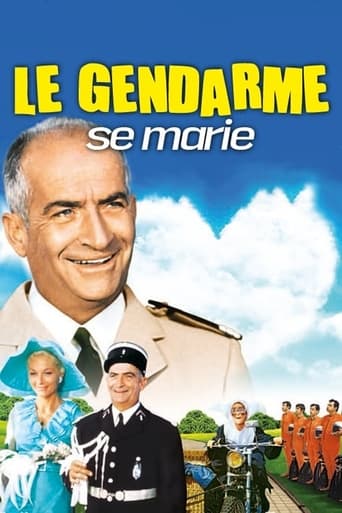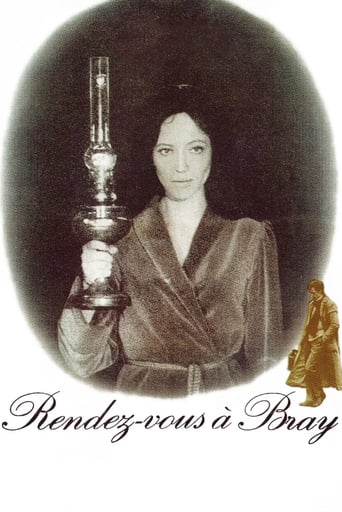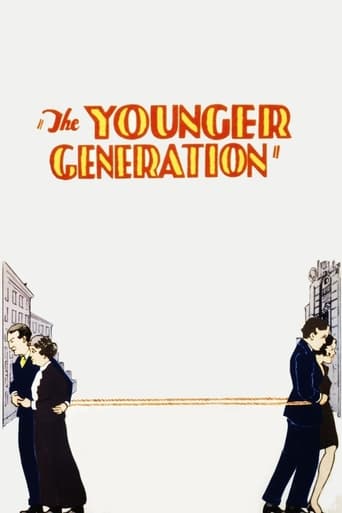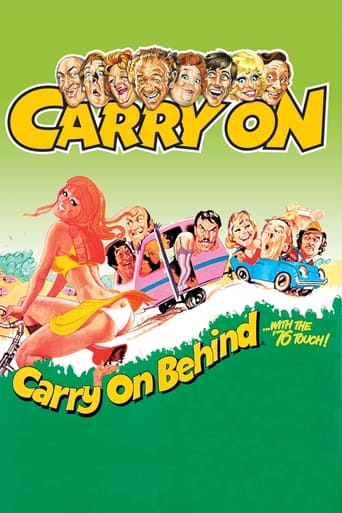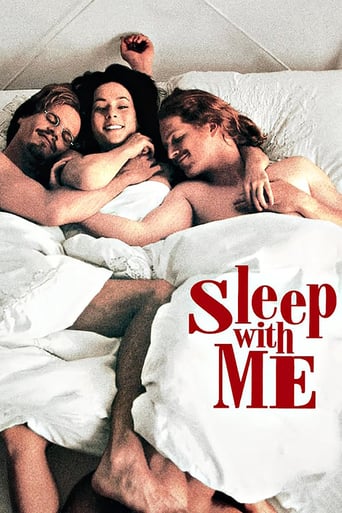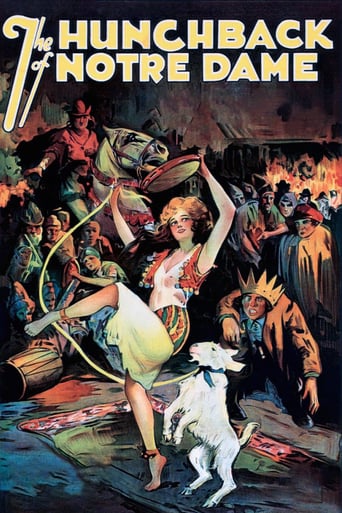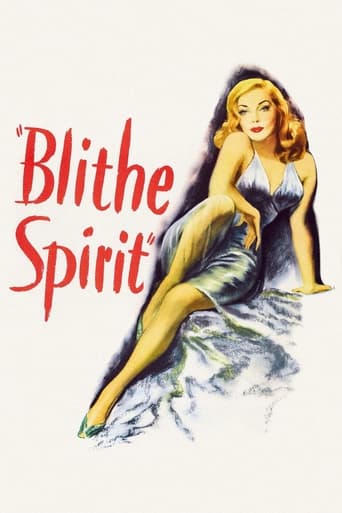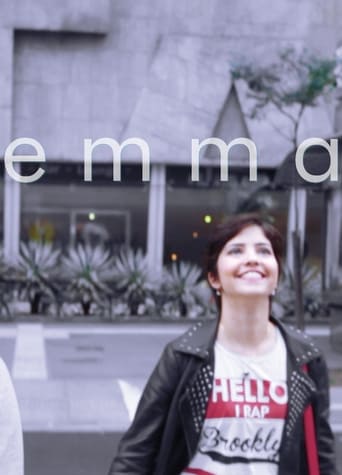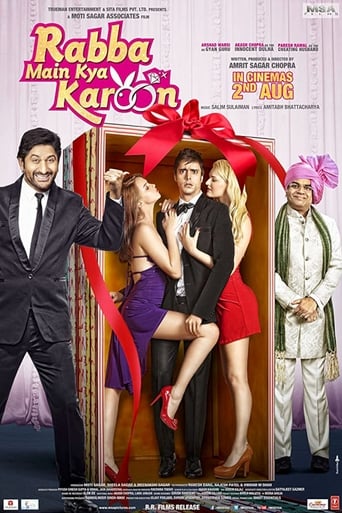The Farmer's Wife (1928)
Successful middle-aged farmer Samuel Sweetland becomes widowed, then his daughter marries and leaves home. Deciding he wishes to remarry, Sweetland pursues some local women he considers prospects.
Watch Trailer
Cast


Similar titles
Reviews
Lack of good storyline.
best movie i've ever seen.
Like the great film, it's made with a great deal of visible affection both in front of and behind the camera.
The movie turns out to be a little better than the average. Starting from a romantic formula often seen in the cinema, it ends in the most predictable (and somewhat bland) way.
In all honesty I'm not big on romantic comedies - very few of them I actually enjoy and love - most of them are quite boring to me and this film has bored me to tears. Maybe one of these days I will go back to watch this film and enjoy it - but I doubt that. There is NOTHING wrong with this movie - it's cute and all - but as I have stated I'm not into most romantic comedies.I'm sorry I do not like this film - I want to because it's Hitchcock but I don't. I like my Alfred Hitchcock thrilling, mysterious and horrifying and this film is definitely totally opposite of my favorite side of Hitchcock.This film is worth while if you enjoy silent movies and/or romantic comedies. It's just not a film for me.3/10
The Farmer's Wife (1928)Like many of Alfred Hitchcock's more famous films, The Farmer's Wife begins with pure innocence (a beautiful day in the country, followed by two adorable puppies, maybe the cutest things in any of his movies). And unlike almost all of his movies, it remains pure and happy throughout. Even the fact that a woman (the main character's wife, we learn) is dying in the first scenes is no impediment to the joy of life in the beautiful countryside--her last words are a reminder to the maid to "air out the master's pants." Can't you hear Hitchcock laughing?This is no diabolical thriller. The only suspense here is who the man might marry next, and I think we are meant to know the answer to that pretty early on, as well. There is a nice montage of him getting dressed around forty minutes into the film. And just before that a fun trick of imagining future wives and seeing them fade in, sitting on a chair, and then fade back to an empty chair. (This reprises toward the end, as well, and it's briefly hilarious.) Some of the scenes are genuinely beautiful, and others have a candor and quickness to the actions that is fresh and honest. And when everyone leaves for the hunt, the number of cute little dogs used is quite astonishing--over a hundred, I think.Yes, a lighthearted, nicely felt film, a bit slow all along and over two hours long, but there is a feeling of competence here. Is it recommendable? Only if you are really just interested in a calm, sweet tale. The man's quest for a mate is a comedy, with one rejection after another. The acting is generally quite good, especially the many women. The bum caricature isn't a help, and the main man, played by Jameson Thomas, is merely appropriate at being strong and irritable. Some of his lines are pretty funny because he's mean when he doesn't need to be, and the women either squeal or laugh.And how's this for a line to a woman to persuade her to marry him: "You'll only feel the velvet glove and never know I was breaking you in." She says no.
This early Hitchcock silent, his first for British International Pictures, is a simple romantic comedy adapted from a stage play. A far cry from crime and suspense, but at this point Hitchcock had neither the influence nor the realisation of his true forte to select his projects.As with all but one of the Hitchcock silents, the screenplay was by Eliot Stannard. Stannard, with his typical understanding of the visual medium, dispenses with the wordiness of a direct stage-to-screen adaptation. He allows time for the characters to reveal their feelings in reaction shots and point-of-view shots, and replaces verbal gags with visual ones. The Farmer's Wife is thus as devoid of unnecessary intertitles as, say, The Manxman.Given its rural setting, Hitchcock was more or less obliged to include some shots of rolling hillsides. Hitch doesn't seem to have liked the countryside much – in most of his later films if it appears at all it's as a functional back-projection – but he doesn't do too badly here as far as pure photographic beauty goes. Other than that the shooting style is typical of Hitchcock. There is a growing use of fluid camera movement, and we can see that Hitchcock technique, whereby the camera appears to be leading the audience, gradually revealing to us or drawing us in.Whether it comes from Stannard's script or Hitchcock's head I don't know, but there is a massive tendency here towards point-of-view shots during dialogue scenes, in which the other speaker looks straight into camera. The majority of these are rather pointless, with the exception of several appropriately ghastly close-ups of the Farmer's bridal candidates.To say the conclusion of The Farmer's Wife is predictable would be a grand understatement. A shortsighted person could see it coming through several miles of fog. Not a bad thing in itself, but rather than play upon its obviousness (which Stannard and Hitchcock must have been aware of), the picture simply becomes a tedious game of waiting for the inevitable. The Farmer's Wife is only quite funny, and is altogether too long.
Had this movie been made in the age of the talkies and not at the tail end of silents, it would have no doubt scored a lot lower due to its very simple plot. However, in many silents the plot is more streamlined and this is no surprise. What was a surprise was the leisurely pace that this romantic comedy took to get to its rather predictable but satisfying conclusion. Instead of a 60 to 75 minute film (pretty much the norm for 1928), it was over two hours and was given many beautiful and artistic camera shots that make this a real standout film and very much unlike Hitchcock's later films. In addition, since no one is murdered and there is no terror in the film, it's not at all what many would expect from the director. As for me, I sure didn't mind at all. The only thing I did mind was that I didn't notice a Hitchcock cameo--something that is not in all of his films. If you saw him in the film, drop me a line--it's easy to miss him in those scenes.

